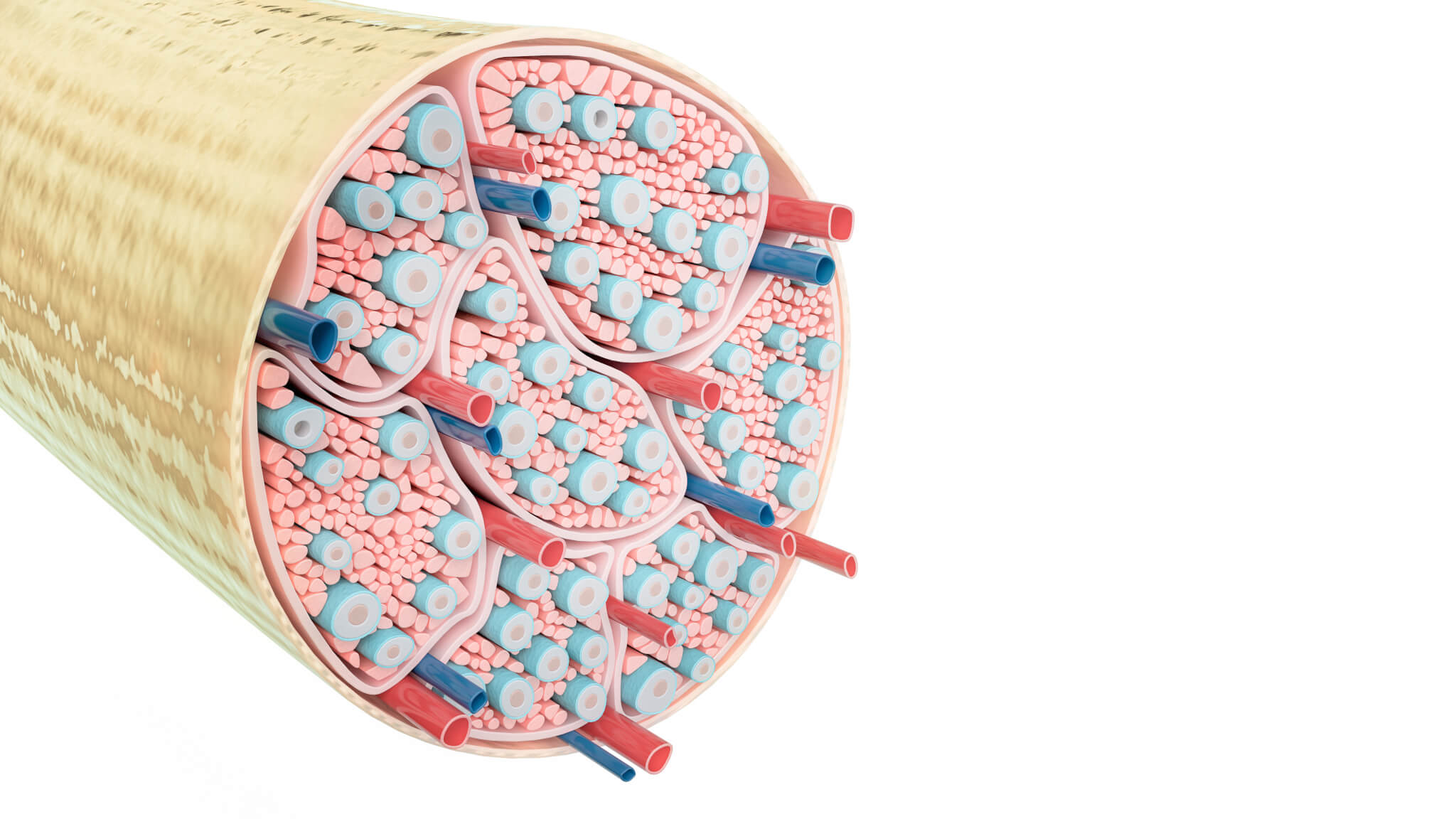Despite common misconceptions and the occasional shock-inducing headline, liposuction is a safe and secure fat removal procedure. Still, there are several risks you should be aware of when considering such an option.
Remember that liposuction requires you to go under the knife, meaning it is a surgical procedure with risks you should be aware of before making a final decision. There’s no need to get too worked up; it’s just safe practice to know as much as you can about any treatment you’re considering, surgical or not. We recommend talking to your surgeon to understand the scope of your operation fully.
Even though it has a very minimal occurrence rate under highly trained professionals, the possibility of nerve damage exists for anyone who receives liposuction.
A Common Side Effect
Don’t panic. We must emphasize that nerve damage always happens wherever an incision has occurred. You can do a quick test to prove this by feeling the sensations around a scar on your skin, where you’ll realize that you have less feeling than in surrounding areas. This numbness is due to a minor nerve injury that becomes less noticeable as time passes.
In the case of liposuction, this type of nerve injury can be more drastic, if not catastrophic, in a tiny number of procedures. Therefore, the importance of choosing a highly trained cosmetic surgeon with extensive experience cannot be overstated.
Permanent Nerve Damage: A Surgeon’s Nightmare
Permanent damage to the nerves is infrequent following liposuction, especially when a skilled surgeon does the procedure. That being said, the risk of nerve damage largely depends on the type of liposuction performed.
Generally speaking, tumescent liposuction rarely runs this risk, while ultrasonic-assisted liposuction poses a slightly higher chance of nerve damage.
Such damage is exceptionally uncommon, but we want to make it abundantly clear that it is a known risk that anyone considering liposuction must consider.
Permanent nerve damage is a surgeon’s biggest fear, one that can happen if they do not take every procedure precaution. Worrying signs involve numbness at the incision sites, plus some tingling in the treated area.

Why Does Damage to the Nerves Happen?
Damage to the nerves occurs when they are cut, stretched, or cauterized during a cosmetic procedure. These injuries can range from mild-sensory nerve deficits like the numbness and tingling we talked about, to severe motor deficits like weakness or paralysis of muscles. The graver the damage, the more likely the injury will prove to be permanent.
The chances of suffering this type of injury following a procedure done by a highly skilled surgeon are meager. Always make sure to pick a surgeon with considerable experience in the field. A botched procedure is not only going to cause complications to your health, but it’s also going to be a blow to your wallet.
Not to Worry
As your normal nerve function returns, you may experience itching, electrical shock sensations, and sharp pains in the treated area.
Even if your nerve has been completely severed, a suitable surgical procedure can still likely fix it.

